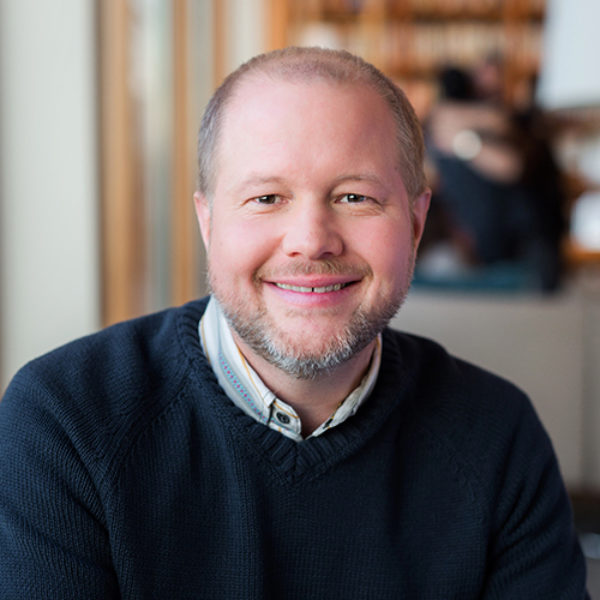A Late-Night Sufi Music Lesson from Istanbul with Orüç Güvenç
“These songs are poems, the bulk of them are from the 1600-1700 time period. They were a central part of Islamic piety in the Turkish context, and immensely popular in both the urban and the rural context. It was after Ataturk’s forced secularization that they disappeared from the public sphere in Turkey, and went underground. People like Orüç Güvenç are central in recovering them not only as pieces of literature, but also as lived, practiced, embodied traditions.” ~Omid Safi
At the end of a long day of production in Istanbul, our guide Omid Safi, a professor of Islamic Studies at the University of North Carolina at Chapel Hill (he specializes in Islamic mysticism and contemporary Islamic thought) led us off the beaten path. Barely a block from the tourist-filled Hippodrome and Hagia Sofia is the studio of Orüç Güvenç.
Four floors up a spiral staircase, and beyond a pile of shoes respectfully left at the door, is a modest room lit with florescent tubes.
The walls are lined with traditional stringed instruments and drums, most of which look handmade. One open window to the street below unsuccessfully attempts to offset the heat generated by the 20 people who gathered to play and sing.
We are welcomed, as usual, with hot tea and treated to a remarkable evening. For nearly 30 years, the ethnomusicologist has been a leader in preserving and advancing traditional Sufi music, focusing especially on music as a tool for healing. This is what we heard at this evening’s monthly workshop:

